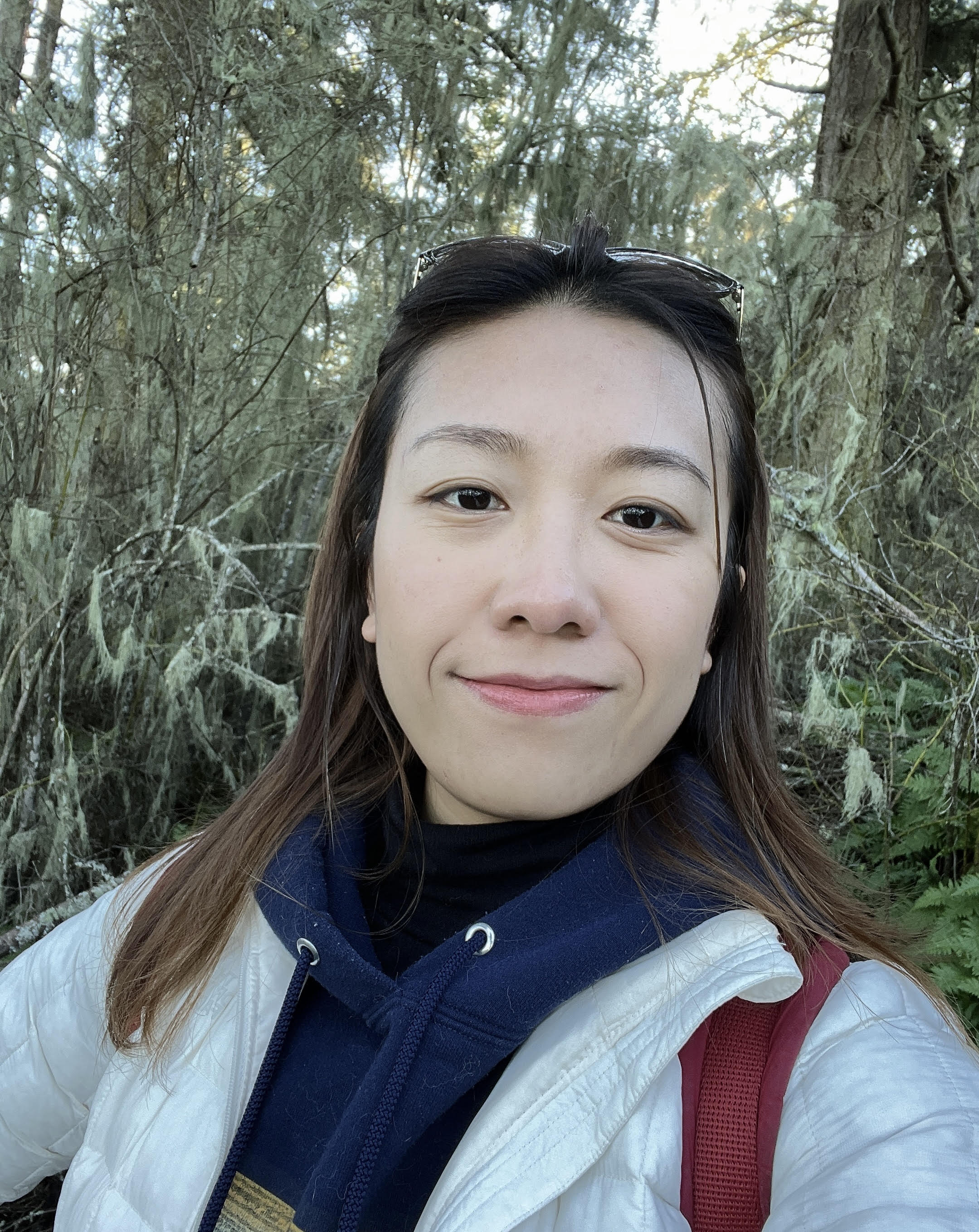UW Population Health Institutes Funds Research on CBT-Based Intervention for HIV Positive Men
Graduate student Liying Wang and advisor Dr. Jane Simoni received an eight-month ward from UW Population Health Institute, Tier 1 Pilot Grant Program for their research titled "Turning to Sunshine: Developing a CBT-Based Depression and Adherence mHealth Intervention for HIV-positive Men Who Have Sex with Men (MSM) in China Using a Community-based Participatory Approach." Learn more about Liying below!
Let's start with the basics. Where are you from and where did you complete undergrad/masters?
I’m from a small town in Inner Mongolia, China. I did my undergraduate degree in biomedical English and psychology at Peking University in Beijing in 2016. I completed my master's program in psychology of mental health at the University of Edinburgh, UK, in 2017. I was a research assistant at a social psychology lab at Stanford University when I was applying for graduate programs in psychology in the US.
How did you wind up at UW/why did you apply here?
I applied to work with Dr. Jane Simoni to do health disparity research. I had a great time during the campus visit and decided to come to UW.
What is your research interest and how did you get into it? What inspires/motivates you?
Being a member of the LGBT+ community, I’ve always been interested in how the minority identity can become a source of chronic stress, which combined with other intersectionality, could play into the health disparity experienced by this community. I’ve always wanted to do intervention studies that can help build resilience in this community and enhance both mental and physical health. Most importantly, I’m passionate about engaging community-based organizations to develop and implement interventions, which facilitate mutual learning and potentially improve the acceptability and feasibility of the intervention.
How did you learn about your funding opportunity? Tell us about the application/waiting process.
Other faculties in the Psychology Department have applied for this grant before. My advisor and I also applied for this grant last year. The application process is fairly straightforward. UW faculty or graduate students can apply. With the emphasis on interdisciplinary collaboration, the application requires the team to be made of at least two UW principal investigators (PIs) in different academic departments or at least one UW PI and one PI from a community-based organization. Application materials include a cover sheet, research plan, evaluation plan, project timeline, brief biographies for all investigators, budget and budget justification, and letters of support. It was about 2 months from submitting the application to receiving the results.
How did you feel when you learned that your application was accepted and that you will receive funding?
I was thrilled that I received the funding! As an international student, I’m not eligible to apply for all the major grants funded by NIH or NIMH. Obtaining funding has always been difficult due to the small pool of funding I could apply for. Receiving this funding increased my confidence in the value of this project. This funding would also allow me to fully focus on research and be able to compensate the study participants and community-based organizations for their time and effort.
What is the name of your project and the funding source?
The name of my project is “Turning to Sunshine: developing a CBT-based depression and adherence mHealth intervention for HIV-positive Men Who Have Sex with Men (MSM) in China using a community-based participatory approach” and it is funded by the Population Health Initiative Tier 1 grant. \
Do you have any advice/tips/suggestions for others who may apply to this opportunity? About graduate study in general?
The application requirement is straightforward. Read the funding guidelines and questions carefully and make sure that the answers you provide are concise and cover all the important points. Working with my advisor, who has a lot of experience in doing research and applying for grants, was very helpful.
What do you like doing in your spare time?
I like playing piano, painting, running, hiking, reading the New Yorker and picking up new hobbies. I recently started doing aerial yoga. It has been a lot of fun.
What do you plan to do once you complete your PhD?
I plan to stay in academia as a professor and continue to do health disparity research. I just started learning to utilize the community-based participatory approach in intervention development and implementation. The principles behind it resonate with me strongly. I envision myself continuing to explore using this approach to conduct research that both have scientific significance and results in sustainable change in the community that I work with. As a first-generation college student & graduate student in a foreign country, I have faced many structural barriers. I would strongly advocate for future first-gens and international students who are navigating higher education in the US by providing extra support, mentoring, and creating opportunities for them to overcome the structural barriers and flourish.
Our Department's graduate programs continue to be a top destination for prospective students. Gifts to our graduate fellowships and student support funds allow us to attract and retain a more diverse, well-rounded cohort of students. Support the training, research, and professional development of underrepresented graduate students in the Department with a gift to the Psychology Diversity Fund.
